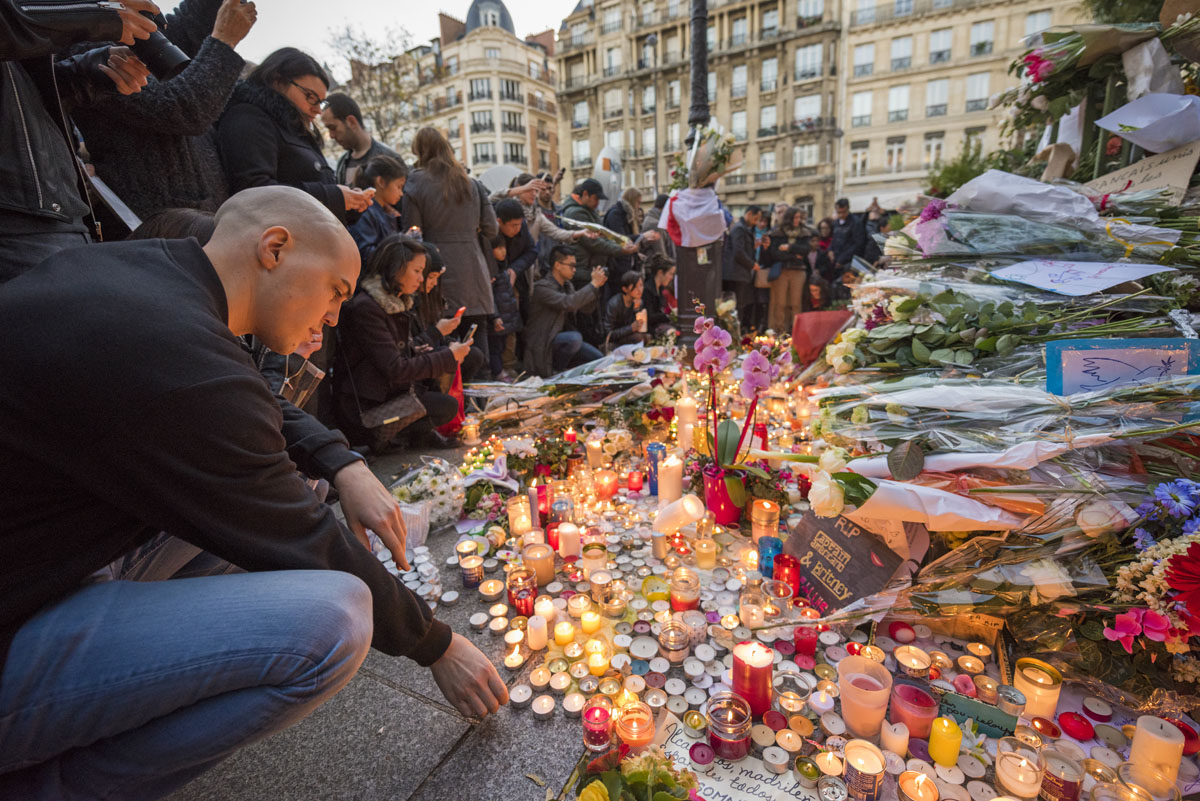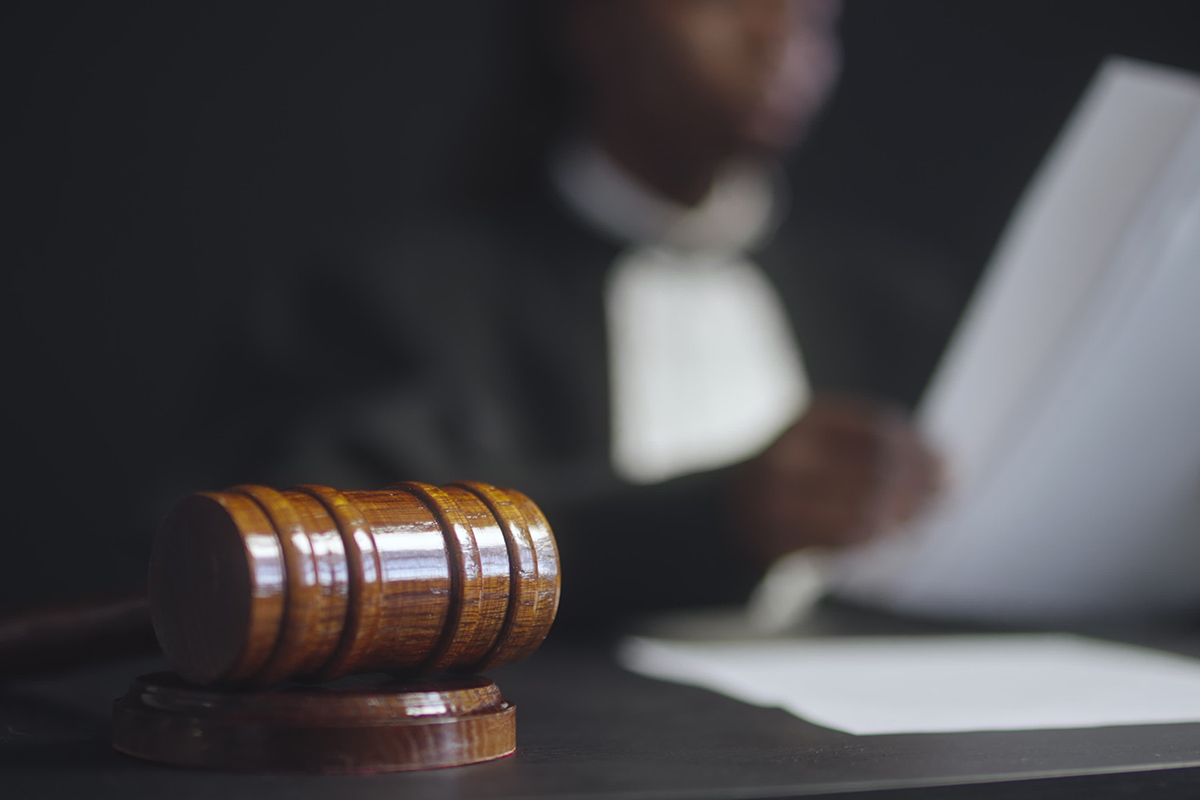The Fighters – A Tribute to Survivors of Terrorism
August 20August 21 is International Day of Remembrance and Tribute to the Victims of Terrorism. In this article Commonwealth Correspondent Adedoyin Ajayi pays tribute to survivors of terrorism.
Terrorist attacks inflict grave hurt. Victims are remembered worldwide. An example is the annual 9/11 memorial dedicated to those who were killed in that unfortunate incident in the United States. However, it is worth remembering those who survive and have to struggle with the after-effects of terrorist attacks for the rest of their lives. They are left coming to terms with their new realities forever altered by an event they didn’t see coming. They are fighters who battle the devastating hurt and rebuild their lives.
The effects of being on the receiving end of a terrorist attack are both physiological as well as psychological. Terrorist attacks are highly dramatic, with intent not just to inflict maximum casualties on societies, but also to spread as much fear by attacking the sense of security of citizenry. Hence the reasons for extremely public locations like schools, shopping malls, nightclubs, and bus or train stations.
“…It takes a second to shatter someone’s life forever; it takes the rest of a lifetime to rebuild it…”
Maureen Basnicki
The pain from a terrorist attack and a sense that the perpetrators might never be brought to justice can create a vengeful and bitter outlook on life that destroys the essence of living. Sarah Tikolo, who was left widowed with a four-month-old son after the 1998 US embassy attack in Nairobi said in 2019, “I have lived with the pain of this for many years and it has been hard…”
Terrorist survivors grapple with the possibility of a range of unhealthy emotions such as depression, fear, helplessness, anxiety, sleep disorders, and drug abuse. They have to fight against dying inside as the strain of their unfortunate experience wears them down. They are left picking up the pieces of their lives ripped apart by bombs and bullets.
Moving on is difficult, especially when they are assaulted by the thought that an attack could be right around the corner. This creates a mental barrier and a sense of trepidation survivors must fight. Vulnerability is a gloomy feeling that emanates from hurt. This has the potential to hinder true living – living out the fullness of one’s experience on earth. For instance, consider those in the Sahel, the most terrorized region in the world, and how everyday acts such as stepping out for a stroll and going shopping become tinged with anxiety.
Additionally, terrorist survivors also contend with grief of losing loved ones. Maureen Basnicki lost her husband, Ken, in the 9/11 attack. Maureen is not alone. The harrowing incident killed nearly 3000 people. One wonders what goes through the minds of survivors who lost loved ones and have to live with the agony.
Nevertheless, the world has to applaud the resilience of those who have stood up and used their horrific experiences to shine a path for others in the dark to follow. Thelma Stober lost a limb and suffered internal injuries in the terror attacks in London in July 2005. She states, “Resilience for me has been the unrelenting determination, to use my experience to make a positive difference in the lives of victims and survivors of terrorism…” For Thelma, out of her pain comes strength.
Helping to put the lives of terrorist survivors back on track should arguably be just as vital as bringing the perpetrators to justice. Beyond medical, financial and legal support, survivors need a safe space in the society where their voices can be heard and their stories told.
The end goal of terrorism is to alienate, to subvert, to hush and to undermine voices through dual means of fear and violence. An avenue for survivors to speak up testifies of their desire to forge ahead with life as best as they can, and provides a way out of the doldrums. In the words of UN Secretary-General Antonio Guterres, “When we lift up the victims and survivors of terrorism…we are honouring our common bonds, and reducing the lasting damage done by terrorists…” Support and continuing assistance is vital to helping them on the path to recovery.
Like Maureen, Sarah, and Thelma, survivors of terrorism worldwide bear their scars. They are on different points on the road to recovery. They keep keeping on.
They keep fighting.
References
United Nations (2019). Scars of terrorism ‘run deep,’ UN chief says, paying tribute to victims. Available at https://news.un.org/en/story/2019/08/1044671
United Nations (2023). International Day of Remembrance and Tribute to the Victims of Terrorism, 21 August. Available at https://www.un.org/en/observances/terrorism-victims-day
Vanguard (2018). ‘It’s time to listen to terrorism victims, survivors’ – UN chief.’ Available at https://www.vanguardngr.com/2018/08/its-time-to-listen-to-terrorism-victims-survivors-un-chief/
Victor Okechukwu Chimezie (2023). The Sahel – the region most impacted by terrorism in the world. Available at https://yourcommonwealth.org/peace-democracy/the-sahel-the-region-most-impacted-by-terrorism-in-the-world/






